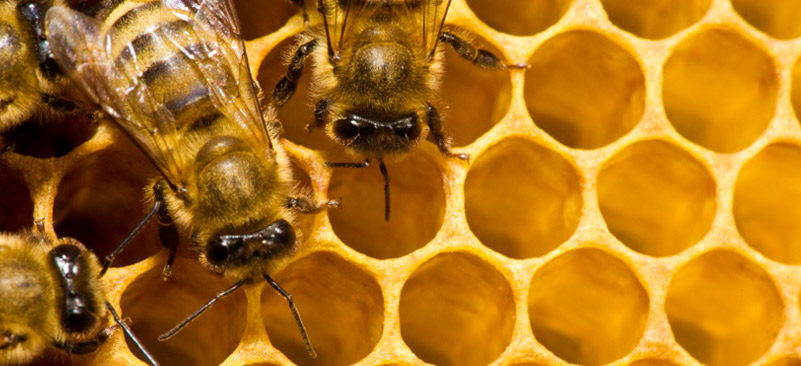
Short introduction to apiculture
I do not want to sound presumptuous when saying that there is always something new to learn when working in apiculture. Following you will find a summary of my diary written over one year of work in apiculture.
Just some tips before trying to be a real apiarist:
Being an apiarist is not easy. You need passion, and you need to be sensitive with regard to the surrounding nature and the bees; you require a feeling for observation, you need to be a meteorologist, you need to understand how to "talk" to your bees and you need to want to learn more all the time.
Bees "talk" by emitting odours, which can sometimes also be sensed by humans, they talk by the way they fly and the way they buzz.
Breeding bees is a profession where passion continues to grow over the years. Bees attract apiarists for two fundamental reasons: the complexity of their social and biological life, and their attitude to produce several natural resources like: honey, pollen, propolis, wax, royal jelly and bee poison.







